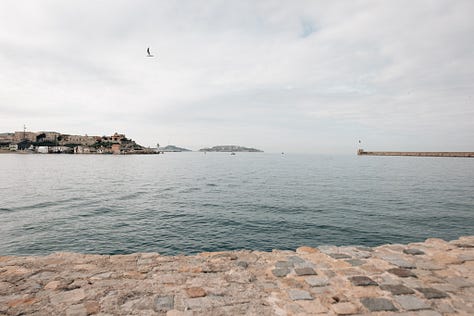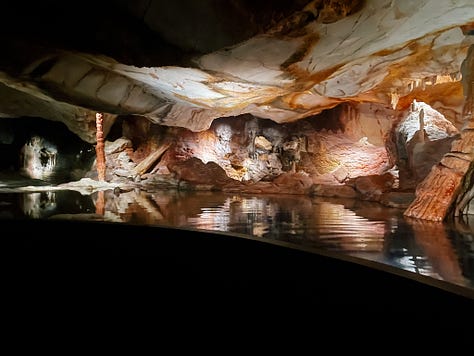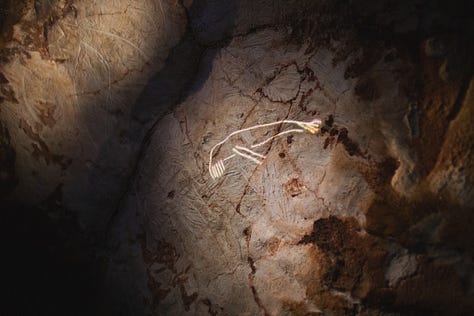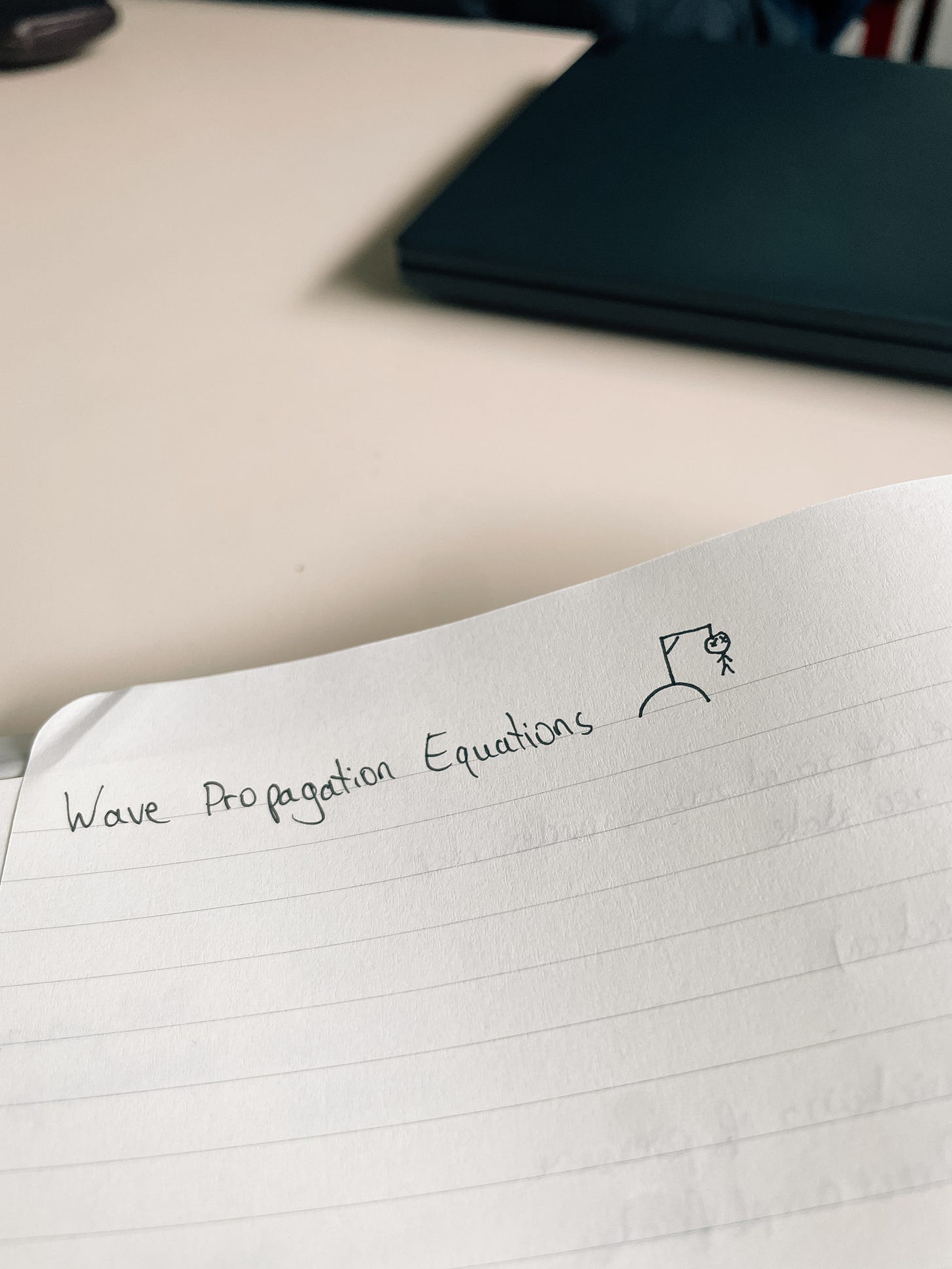Underwater acoustics 101: A leisurely plunge into the abyss of despair
Postcard 23rd February ‘25: Marseille
Salut de Marseille!
Well, actually from Frankfurt airport, but anyway.
My PhD colleague in crime and I made it safely to Marseille last Saturday.
On Sunday evening, our supervisor already reminded us of the fact that if we had gained the slightest feeling of confidence in our understanding of marine acoustics, that would be just the glance from the (first) mountain of stupidity - and the great valley of despair was just around the corner. Just in case you don’t know the image, I am talking about the Dunning-Kruger effect.
Though I did not quite feel the confidence that he was talking about, in hindsight now, I definitely at least felt I had acquired a good overview of what it will take to master the dark arts of underwater acoustics. But well, we are not talking “common” mountains and valleys. We are talking mid-ocean ridges and trenches.
And so on Monday, we started the cold plunge into an impressive line-up of lectures and discussions from any kind of scientific discipline that could be involved in marine acoustics: We joined an acoustics PhD course within the European SeaSounds project which is tasked to “bridge existing knowledge gaps concerning the understanding, characterization and modeling of the entire underwater noise propagation chain, from the noise source to the marine animal”. It brings together PhD students and institutions from engineering, mathematics, physics, geoscience, ecology, physiology and biology.
So, enjoy a non-exhaustive list of the deep sea trenches we peeked into. And I do admit that for some of them, I just kept floating close to the edge in a bizarre twilight zone of fascination and utter despair.
The good thing: Due to our versatile backgrounds, everyone encountered their personal end boss.
Minor and major arcana related to the realms of underwater acoustics:
Wave physics and understanding different types of pressure waves in liquid and solid materials
Wave propagation approximation and modelling (there were slightly too many integral calculations on the slides to pursue that trench). But basically, it is the understanding of how a specific sound will propagate in a specific environment. (How far, how directional, how loud …)
SONAR (stands for Sound Navigation and Ranging) and the origins of underwater acoustics from naval operations (knew that, but still, we learned some cool submarine things)
Acoustic instrumentation: Building an understanding of which devices to use for which measurements, ranging from passive acoustics (listening devices such as hydrophones and autonomous recorders) to active acoustics such as echosounders and air guns. Followed by a whole new world of using deep-sea telecommunication cables to monitor and analyse underwater sounds!
Acoustic analysis (characterising different sound sources in a soundscape, their loudness and proportion, frequency ranges along with exposure levels for marine life) and standardisation of measurements and implications for regulations
Noise impacts on marine animals - since I am working with marine mammals, learning about sound production, hearing, and noise impacts on fish, crustaceans, sea shells, squids and even plants and whole coral reefs was super interesting (but also felt like a whole new vocabulary of biological phrases)
A speed course in the physiology and perception of hearing - in humans, marine mammals and fish. I knew sound and hearing are fascinating and - complex. But hell, I might have found a new admiration for (my) ears!
And yep, this summary just scratches the surface for sure.
But honestly, I don’t feel an abyss of despair. I am rather curious about which of the trenches I will explore more and more closely during my PhD!
And now: Weekend - and a few more pictures from Marseille 😊.









Hug,







Stop it I’m going to end up following in your footsteps. Third career, here I come! Seriously though, I’m over here refraining from sending you every whale article I read (one recently involved acoustic buoys).
I’m FASCINATED!
Thank you, thank you, thank you. I have a very limited understanding of it all but reading your excitement and the way you explained it, I was hooked. There is so much I know and don't know. Sound and water temperature. Density of the water. How many water animals use sound to navigate and communicate. How humans know nothing of what we do there to the sea life. I was never smart enough for all the schooling but my interests never stopped. I think I found a friend on the edge of her PhD and I have a front row seat to your adventures. Thank you again for the time you take out of your learning and family to teach us. 🥹❤️🫂📄🖋️💌